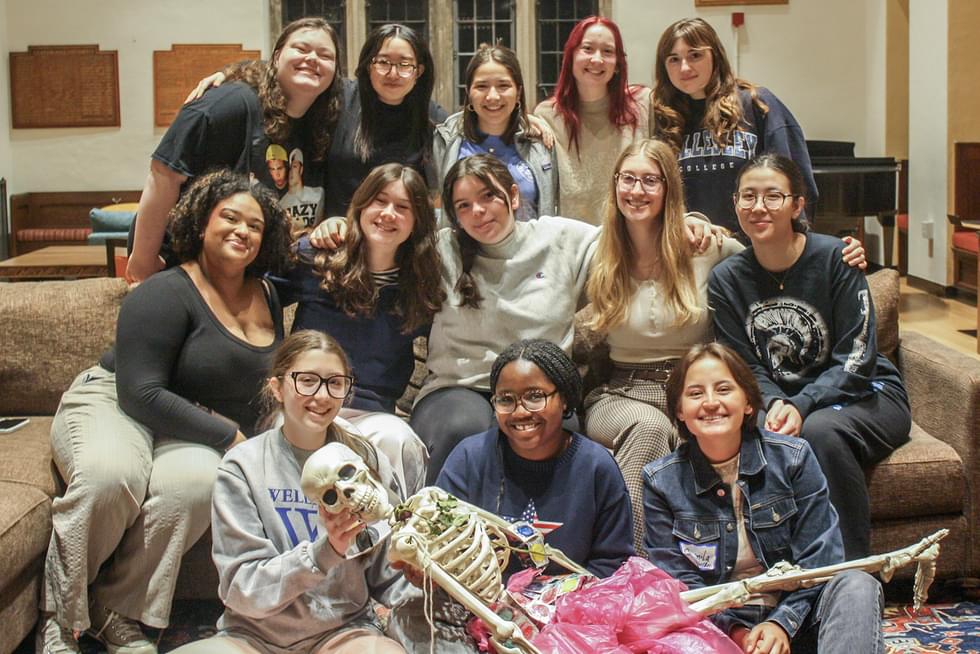-
From caps to careers
CategoriesPublished:The class of 2024 has taken off
-

2025.03.28 Phillip Levine Pell Grant recipients increased by 5 points Higher Ed Dive
CategoriesPublished:Pell Grant recipients at colleges with large endowments increased nearly 5% points since 2007, per a Brookings Institution analysis by professor and Brookings senior economics fellow Phillip Levine.
-

2025.03.26 Liseli Fitzpatrick Val Gray Ward brings true perspective on Black life The Black Wall Street Times
CategoriesPublished:Val Gray Ward “was born to lift the words from the page and out of Black life to put Black life into its true perspective,” says professor Liseli Fitzpatrick, one of Ward’s closest collaborators.
-

WOAW-UAW rejects mediation—chooses to strike
CategoriesPublished:




